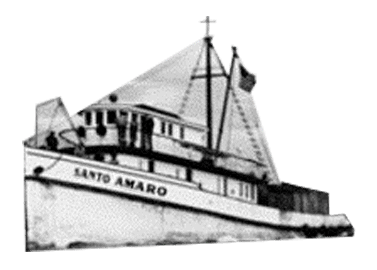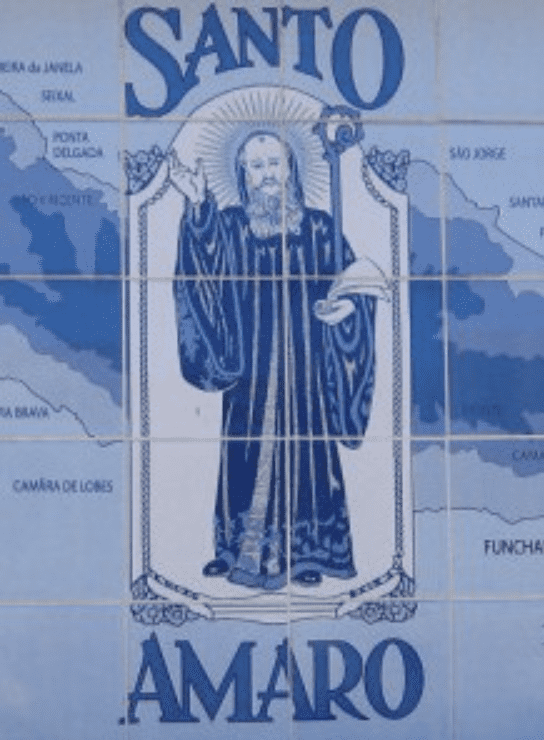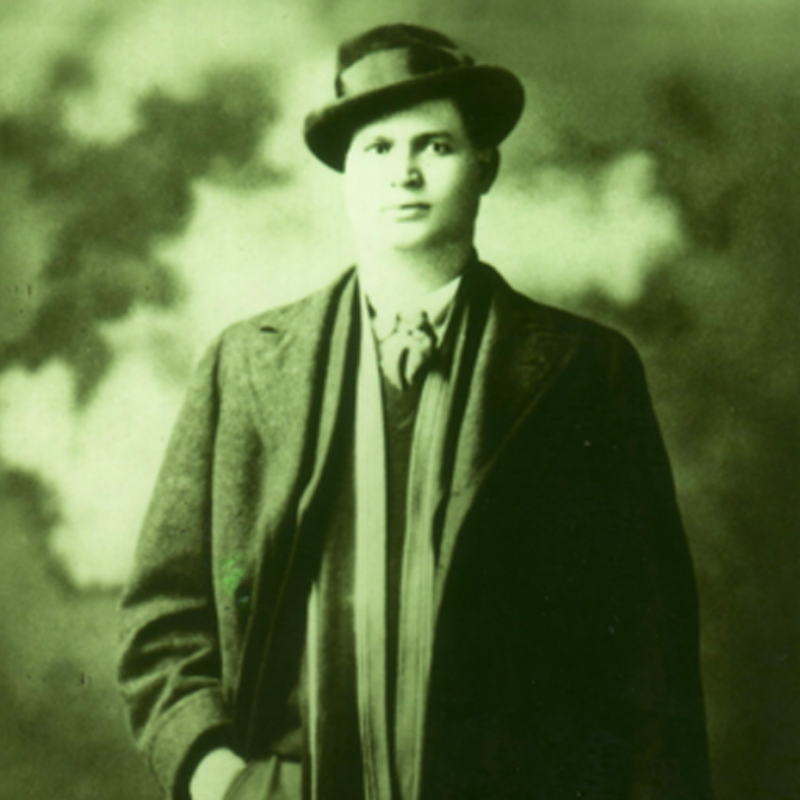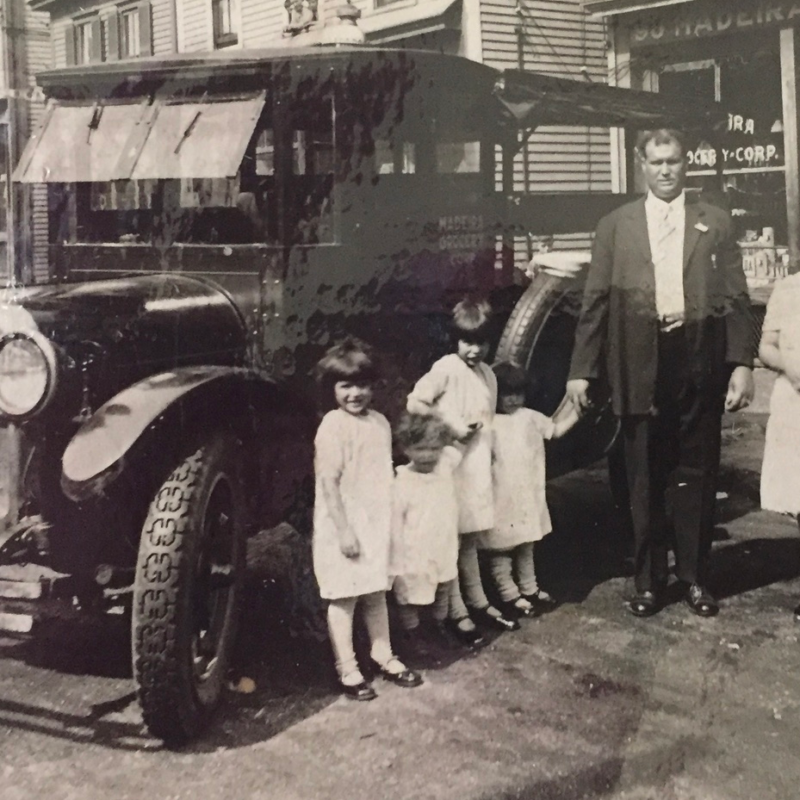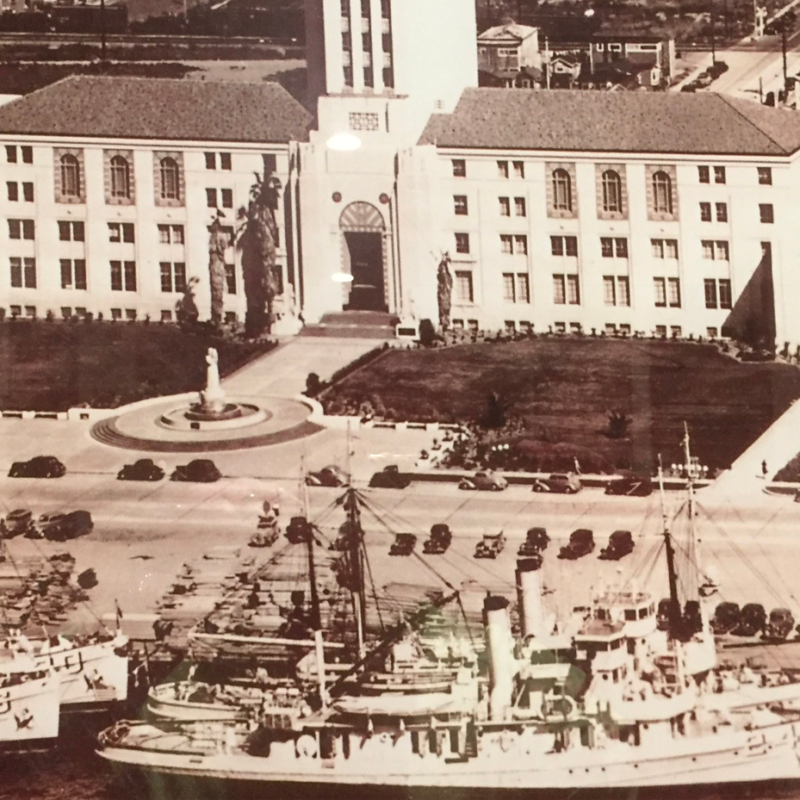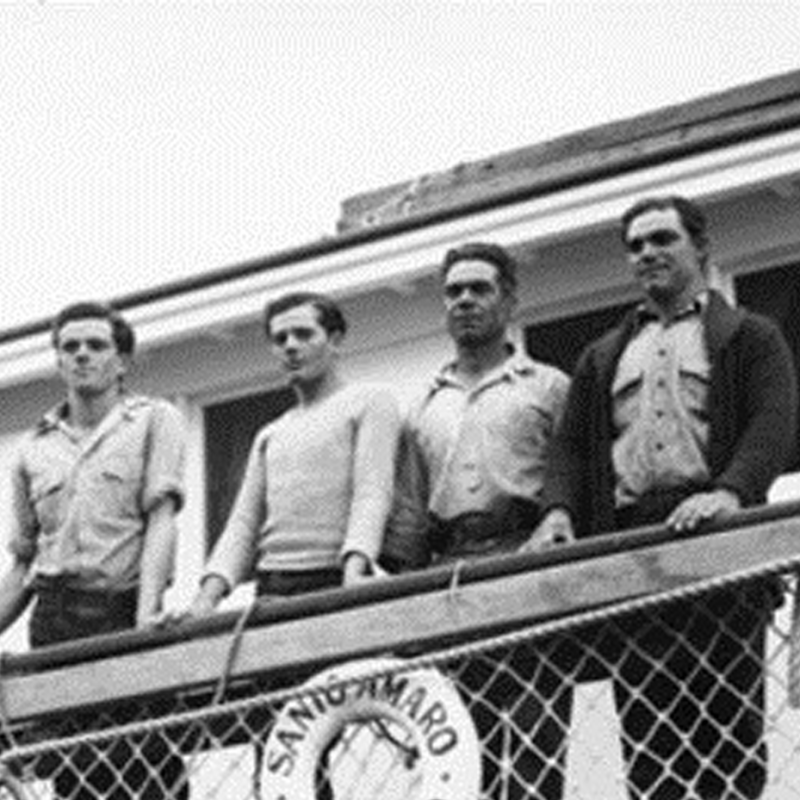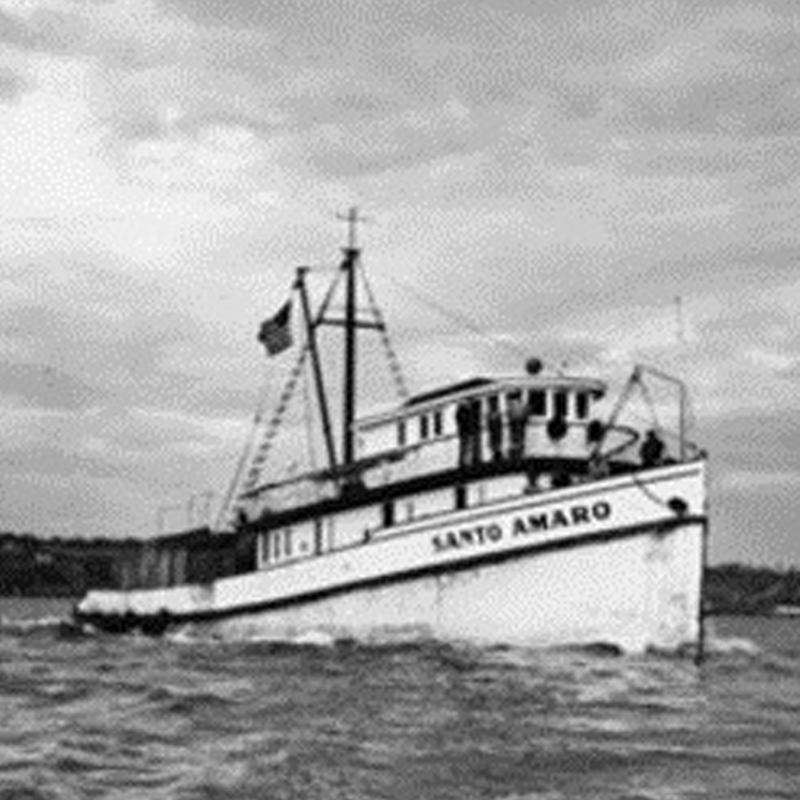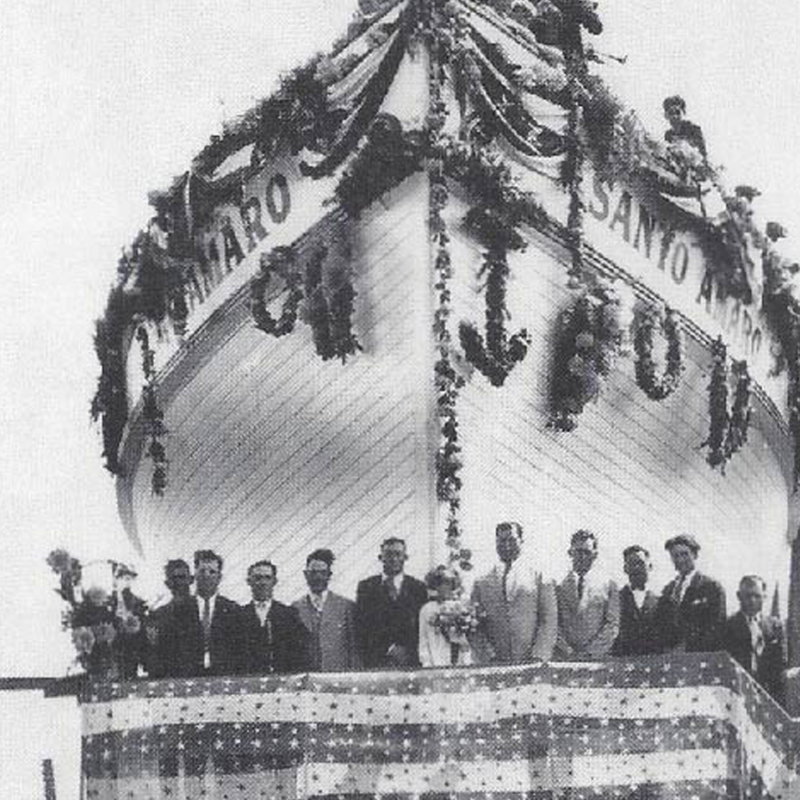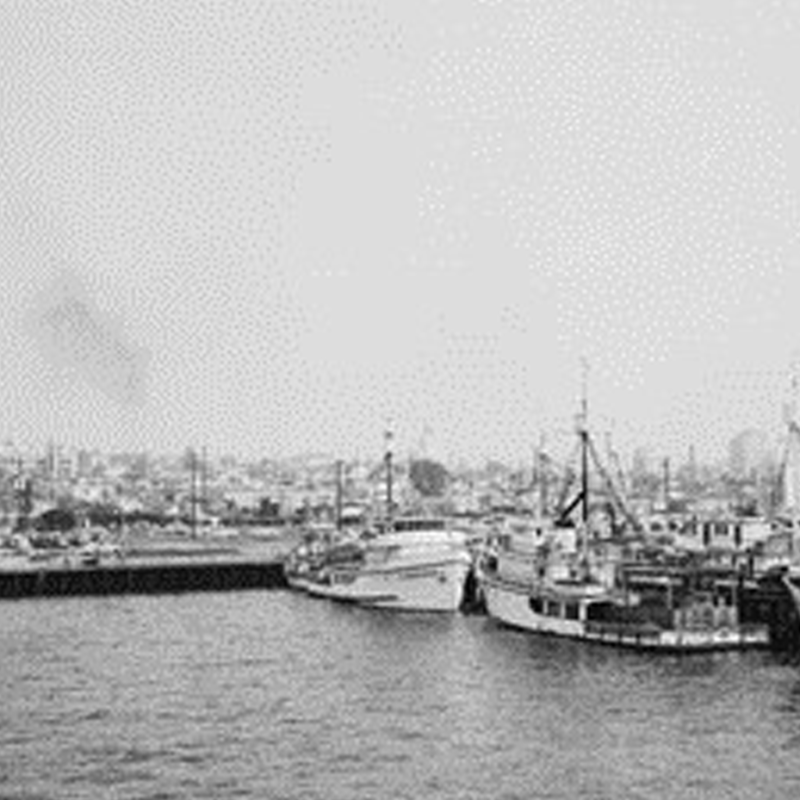Authentic Tradition
1930, San Diego, California, F/V Santo Amaro.Christening of the Pole & Line Tuna fishing vessel , Santo Amaro®, at Campbell’s Shipyard. The patriarch of the Freitas family, John (João) Nunes Freitas (light suit), stands next to his daughter Mary, and his partners.
Santo Amaro®
Family
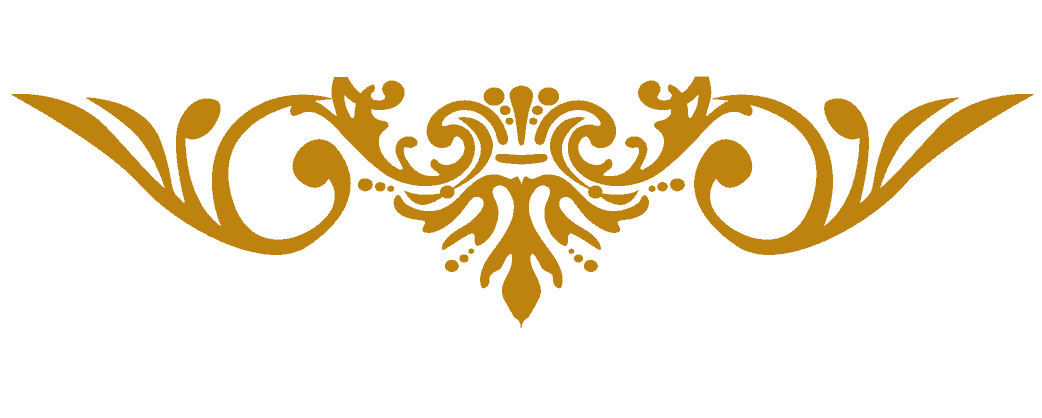
The Santo Amaro® and Freitas family fishing traditions began centuries prior to 1930 in a small Tuna fishing village on the Portuguese Island of Madeira, Paúl do Mar. This was the birthplace of João Nunes Freitas and many of the world’s greatest Tuna fishermen and industry innovators.
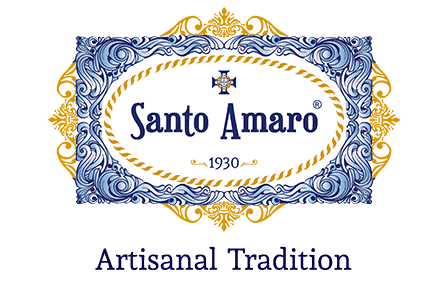
is the patron saint of Paúl do Mar and
many other fishing villages on the Portuguese Islands of
Madeira and the Azores.
Tradition

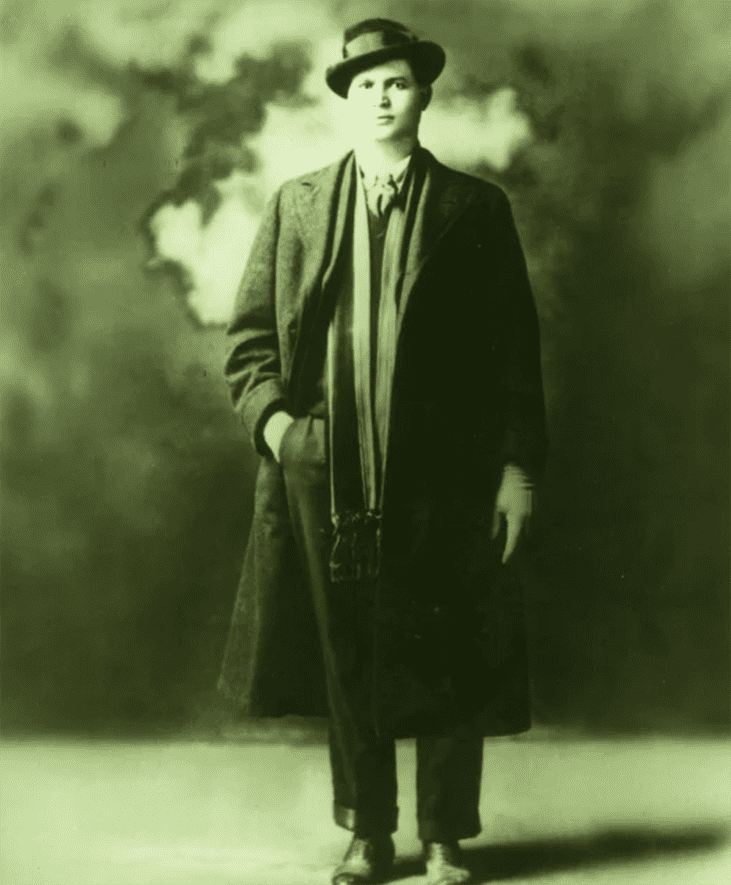
João Nunes Freitas
John (João) Nunes Freitas came to the United States as a teenager in 1910 and served as a Merchant Marine in WWI.
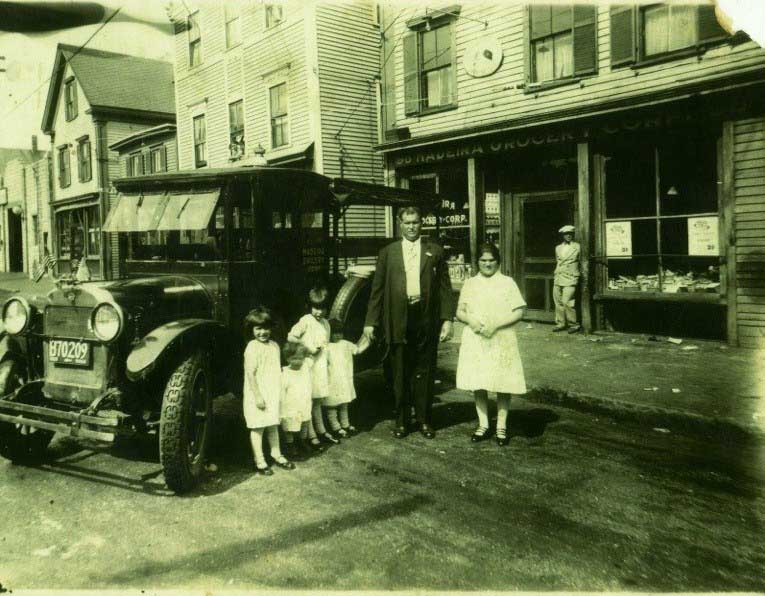
After WWI, John (João) Nunes Freitas and his family lived in Lowell, Massachusetts where they owned and operated a family business, the Madeira Grocery Corp. In 1929, a few months before the stock market crash, he led a caravan of friends in driving across the US to relocate their families to San Diego where they, together with other visionaries, would become pioneers in the nascent Tuna fishing industry.
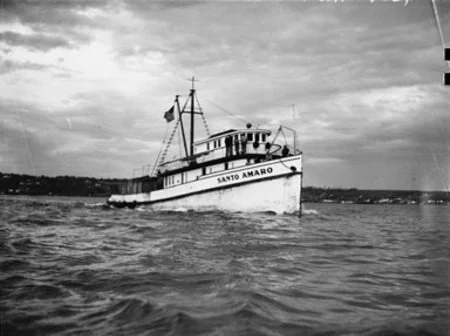
In 1930 John (João) Nunes Freitas and his partners launched their first artisanal Tuna fishing vessel and became trailblazers in the new Tuna industry. They literally drew straws to determine whether the vessel would be named Madeira or Santo Amaro®….
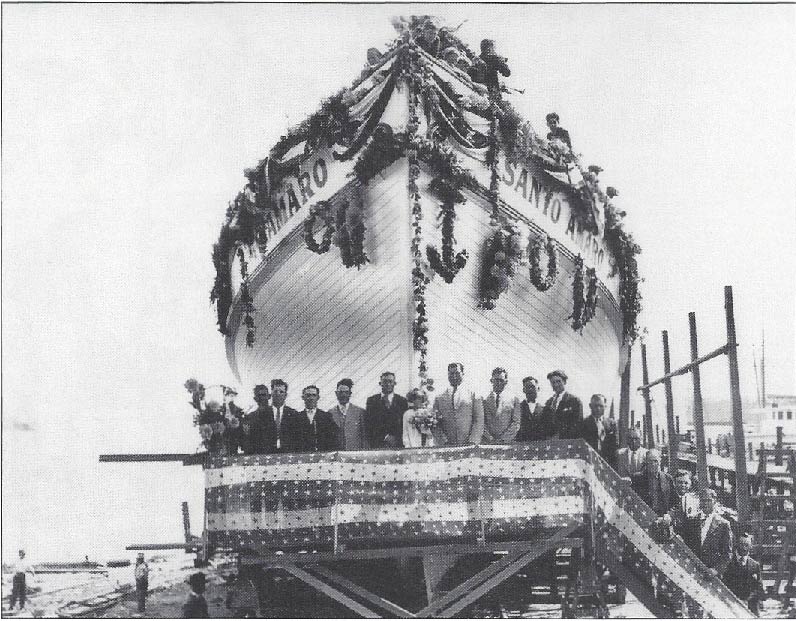
The F/V Santo Amaro® and San Diego’s Tuna industry were highly successful despite the Great Depression and played a key role in supplying the New Deal food aid programs , feeding millions of Americans in need.

Captain John (João) Nunes Freitas became a successful captain, boatowner and leader who established cross-cultural fishing technique best practice sharing,
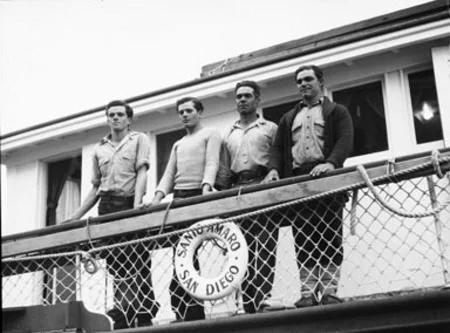
Captain Freitas valued close collaboration and enduring relationships with San Diego’s Japanese fishing community, Italian fishing community and the Azorean fishing community where several of his closest friends (compadres) were from, including Captain M. O. Medina of Pico Island, Azores.
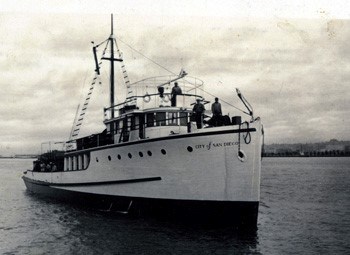
In 1938, Captain John (João) Nunes Freitas, a leader, pioneer, and innovator in the development of Pole & Line Tuna fishing, died aboard his vessel named after the city he loved, F/V City of San Diego.
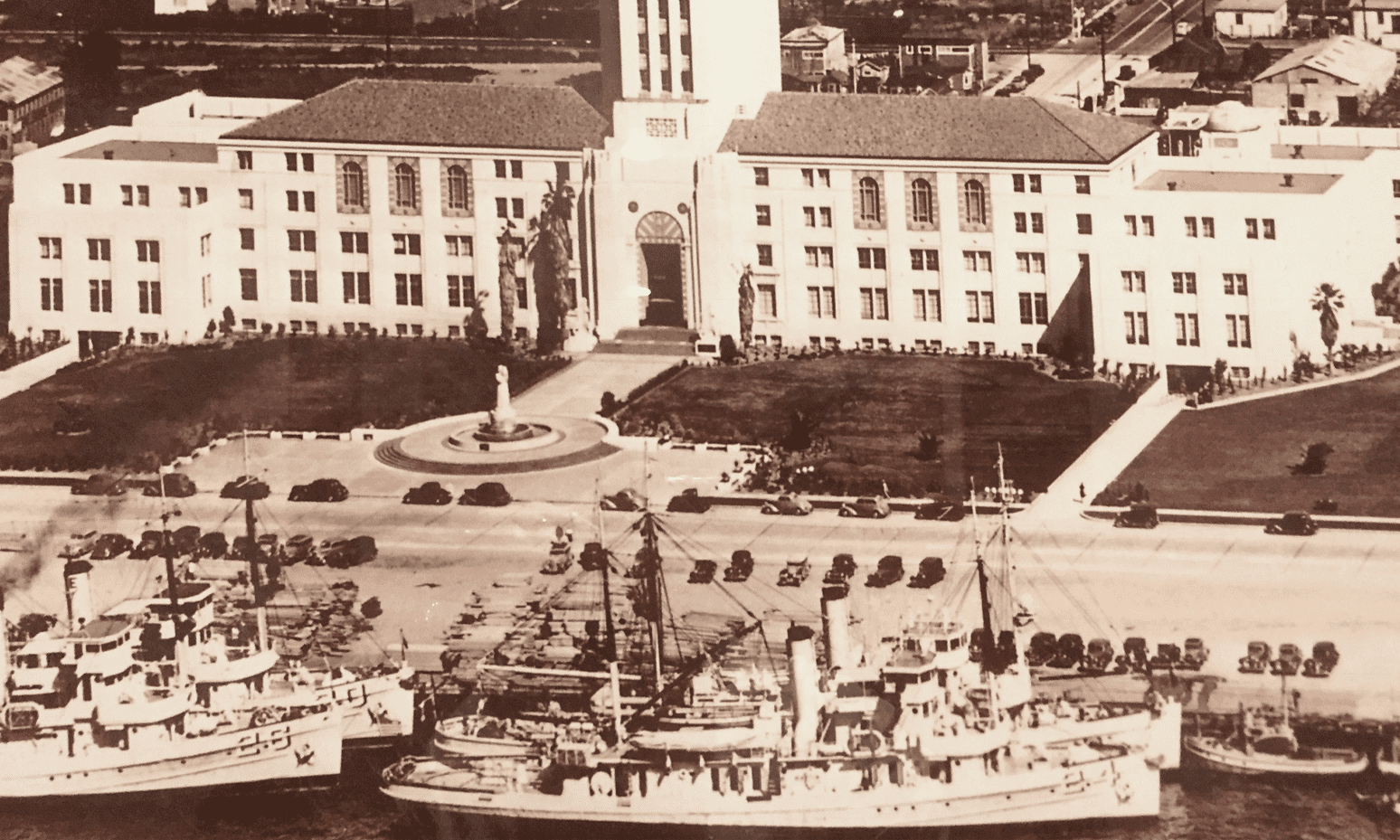
In 1942, shortly after Pearl Harbor, the F/V City of San Diego became YP-283, serving in the South Pacific for the US Navy until the end of WWII.
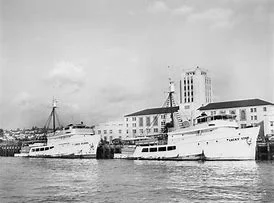
Captain John Nunes Freitas and other industry pioneers, known as “the men of steel on boats of wood” using artisanal bamboo poles to catch Tuna, made San Diego the renowned “Tuna Industry Capital of the World” from the 1930’s. This industry became the second largest for San Diego’s economy, after the defense industry.
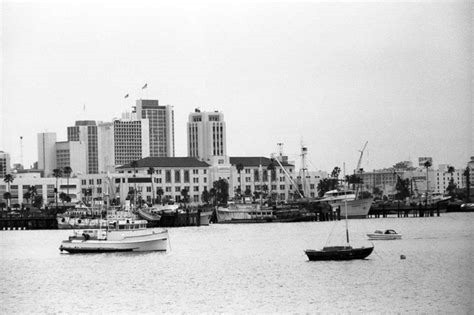
Point Loma, the heart of San Diego’s Portuguese community, became known as “Tunaville”, a term that is still used today. San Diego’s Tuna fishing fleet supported generations of traditional fishing families and eventually numbered about 250 Tuna fishing vessels, more than the rest of the world combined.
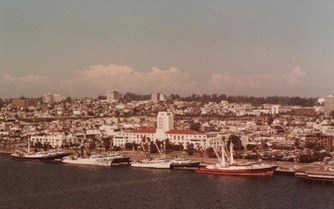
In the 1960’s, the advent of industrialized, purse-seine fishing using large nets increased catches while reducing the need for “men of steel” and their unique expertise. Industrialized fishing methods continuously evolved and their negative impact on our oceans escalated. Tuna catch increased to the point of over-supply and commoditization of low-quality canned Tuna.
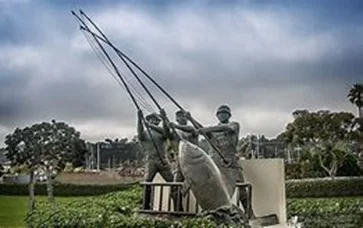
San Diego’s Tuna industry could no longer compete with low-cost foreign labor, weaker environmental regulation enforcement, and subsidies available in other countries. Eventually, the proud traditional Tuna industry that played a vital role in building San Diego died out, as boats were sold off to foreigners, and new, larger, technologically advanced vessels were, and still are, being built. These larger and faster vessels use giant nets, helicopters, sonar, FAD’s (fish aggregating devices), drones, and other advanced equipment to devastate our oceans – every day.
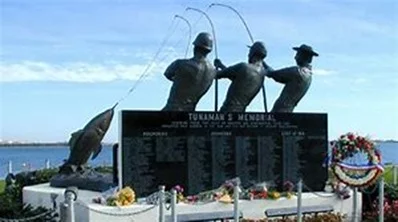
Captain John Nunes Freitas and his “compadres” and friends who started San Diego’s Tuna industry and were known as the “men of steel on boats of wood” are remembered by a monument in Point Loma, San Diego. Their legacy is unjustly marred by uncontrolled exploitation, and the illegal and unethical business practices that characterize today’s Tuna industry (see Blog). If the status-quo continues, our oceans will not survive.
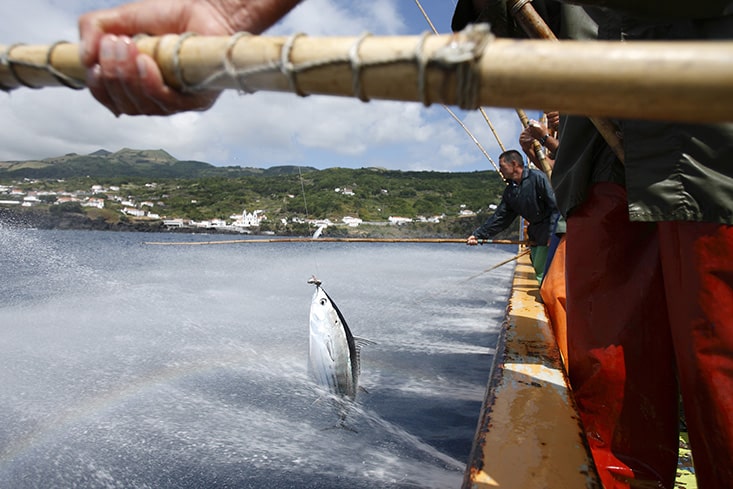
At Santo Amaro®, we believe there’s a better path and that there’s still an important place for “men of steel” in today’s Tuna industry. Santo Amaro® is striving to bring the “Artisanal Tradition” and its values back to San Diego and the world. We’re doing our best, starting where it all began….. We invite you to join in our efforts and, together with Santo Amaro®, we will “Save our Oceans!”
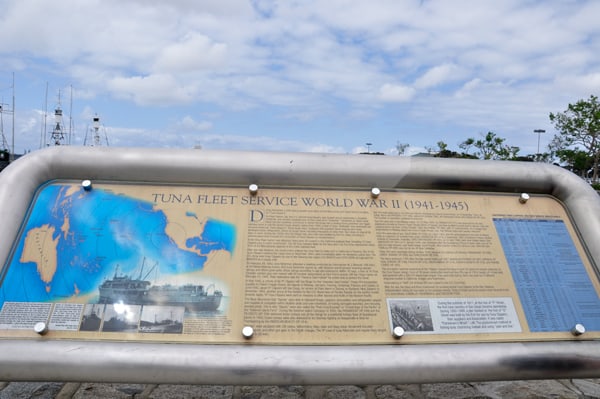
Eighty years after his death, Capt. Nunes Freitas’ legacy lives on through his family and all those who love the sea and refuse to give up on her survival.
The Santo Amaro® Foods team has unique, vertical Tuna industry know-how and is fully dedicated to reviving the Tuna industry and recovering its honor, tradition, and harmony with our ocean resources.
Gallery

Our Cause
Save our Oceans and Artisanal Fishing Communities!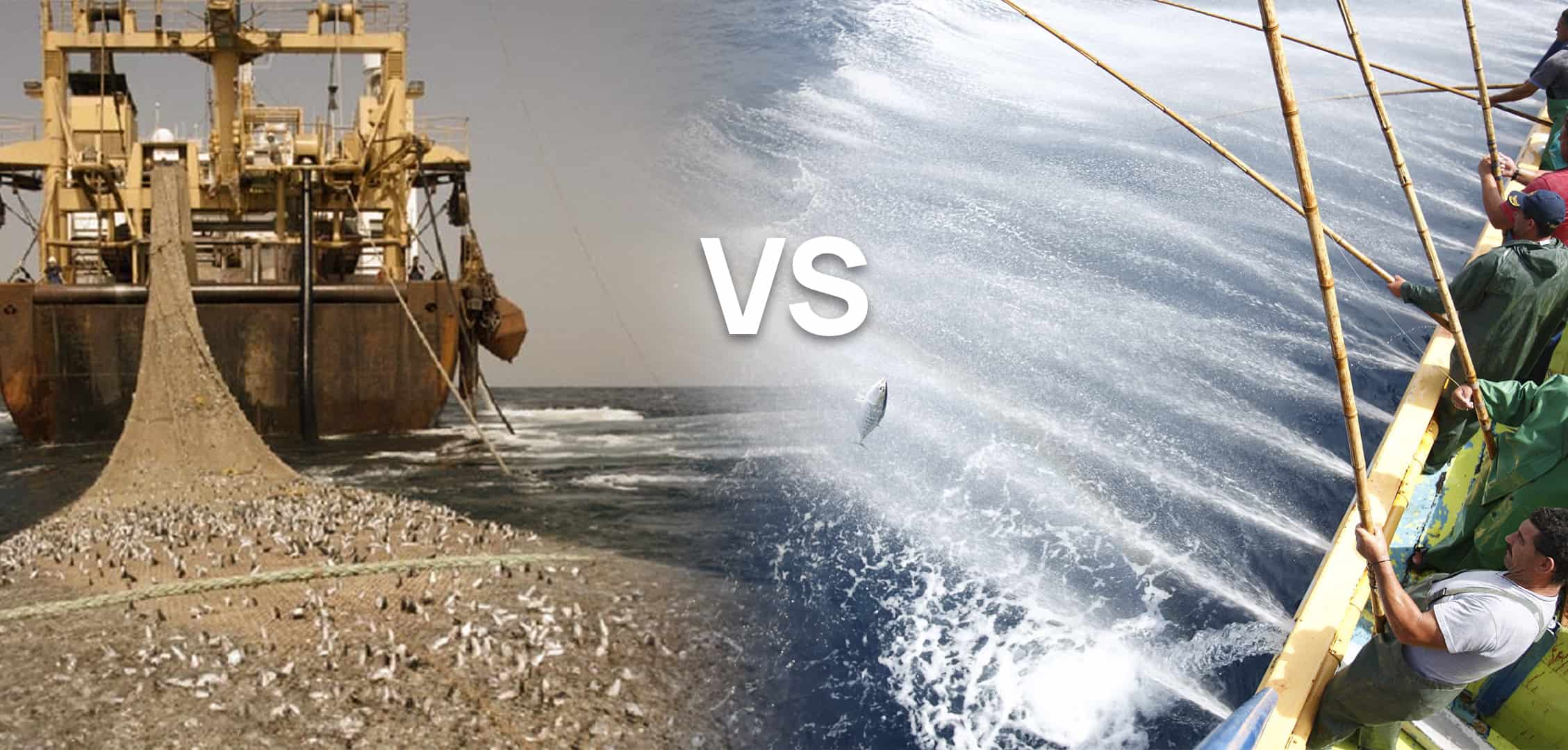
Industrial Fishing

- Harms countless marine habitats.
- Completely eliminates entire schools.
- Devastates juvenile fish preventing procreation.
- Produces by-catch (discarded).
- Contaminates our oceans with nets, rigs, diesel, ammonia and trash.
Sustainable Fishing

- Protects marine life.
- Allows school to continue living and breeding.
- Protects juvenile fish through catch and release.
- Zero by-catch (minimal bait used).
- Portuguese fishing boats clean oceans by removing nets and other floating trash.
- Tuna fishing with nets is not permitted in Portugal.
By supporting Santo Amaro®, you’re striving with us to;

Leave a bountiful and healthy planet to future generations.


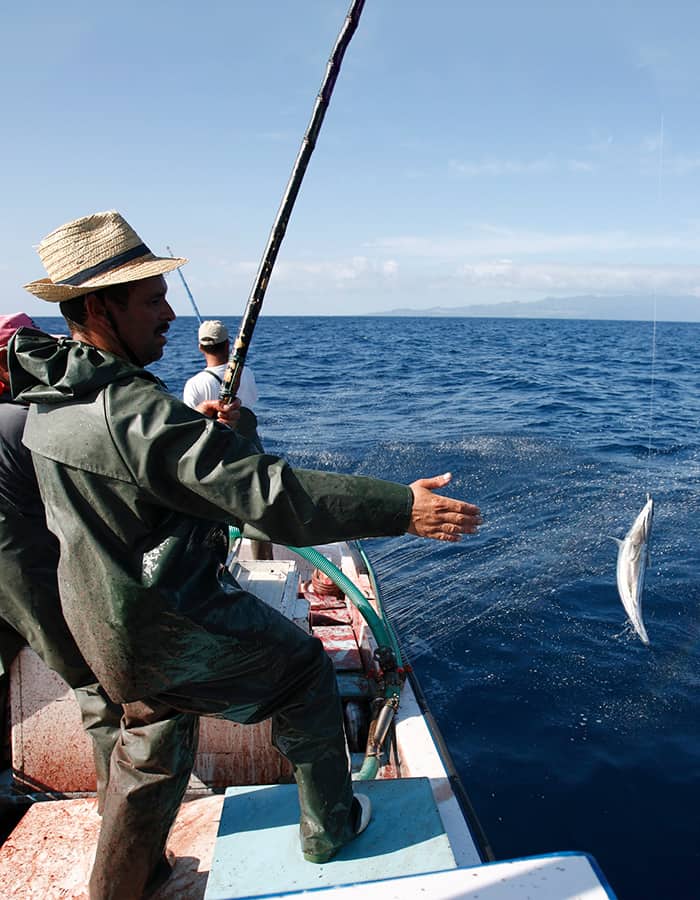
Rescue traditional fishing communities from degradation, despair, and extinction.

Provide opportunities for sustainable fishing and healthy seafood family businesses working in harmony with our oceans.

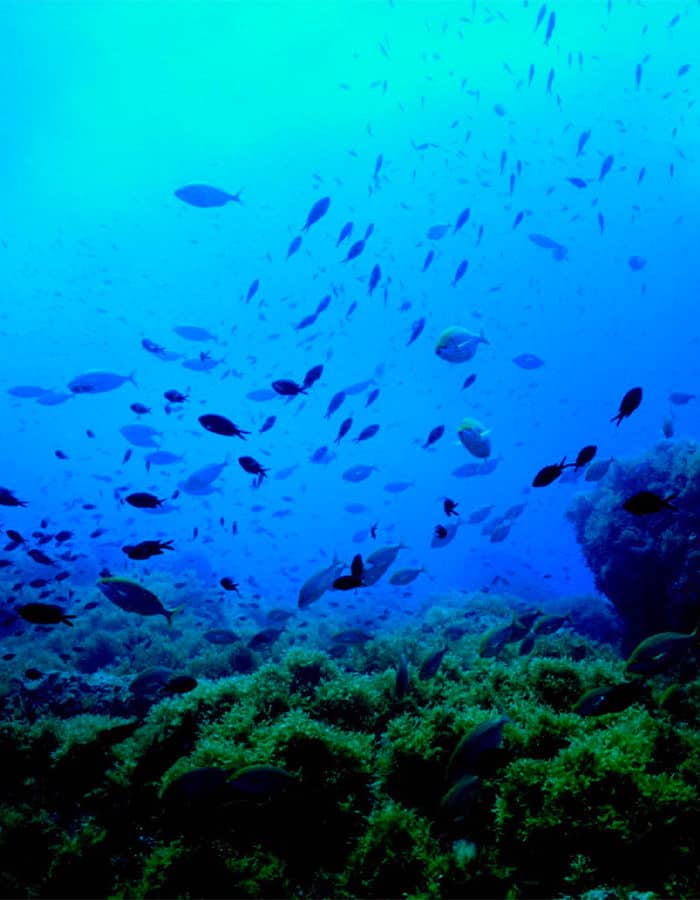
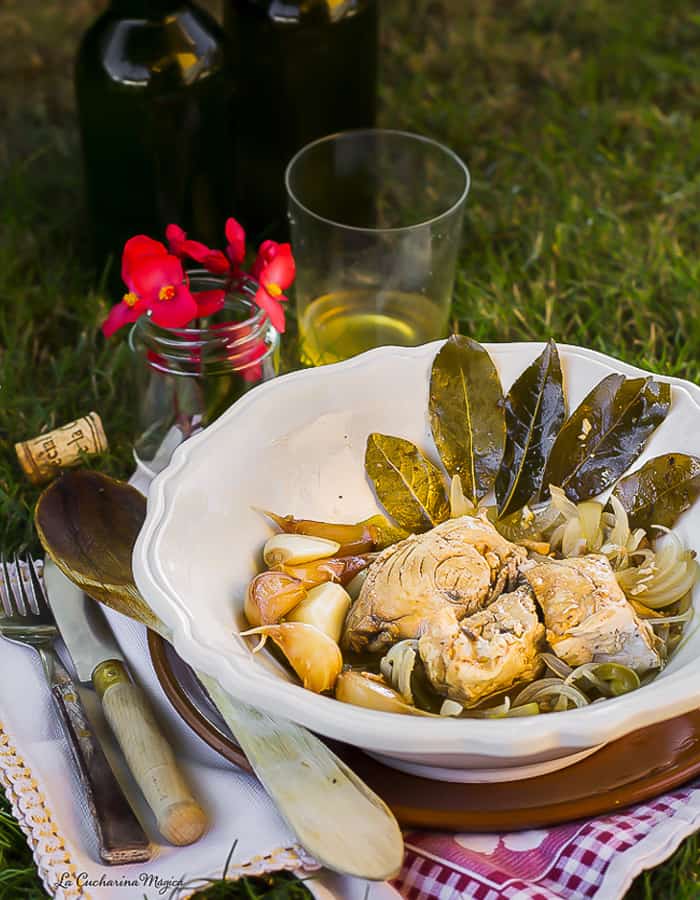
Provide a healthy, natural seafood option that tastes great!

Our Mission

To leverage the wisdom of our ancestors to bring families great-tasting, highly-nutritious seafood, while protecting our oceans and planet for future generations, and preserving our fishing communities, using only the highest quality, natural, and pure ingredients, packed using artisanal methods by dedicated, experienced, and respected artisans.
Our Vision

Artisanal Tradition preserving sea life, communities and natural flavors.
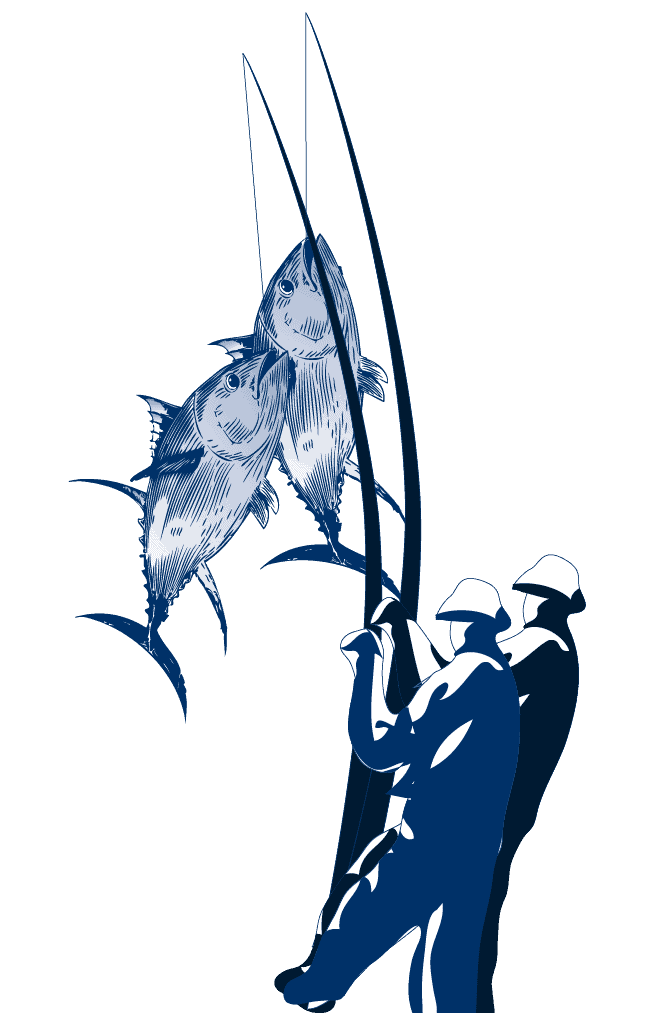
Our Values: The 5 H’s

-
 Humility
Humility
-
 Honesty
Honesty
-
 Humane
Humane
-
 Honor
Honor
-
 Heritage
Heritage
